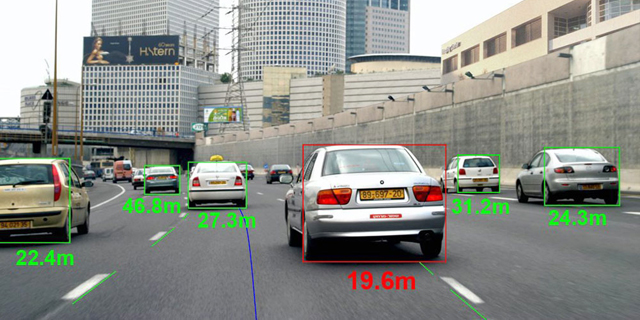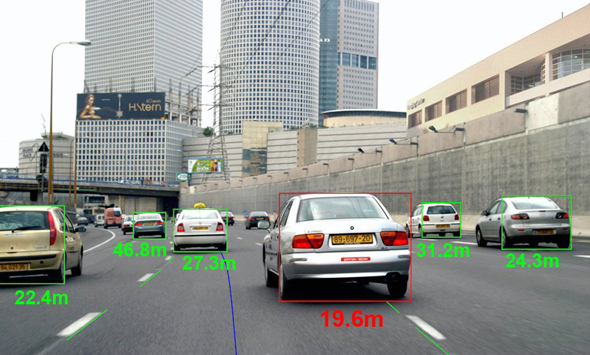
CTech’s Thursday Roundup of Israeli Tech News
Zebra Medical raises $30 million, unveils new research. Israeli government invests in autotech
CTech | 17:33, 07.06.18
Zebra Medical raises $30 million, unveils new research. Israel-based Zebra Medical uses artificial intelligence and machine learning algorithms for the automated analysis of radiological scans such as X-ray, CT, and MRI. The company received a CE Mark (EU approval) for seven of its products to date, and its technology is also approved for use in some Latin American and Asian countries. Read more
Israeli government invests in autotech. The Israeli Ministry of Transport has partnered with the Israel Innovation Authority, the government's tech investment arm, to launch a new $8.5 million venture to encourage pilots of smart mobility technologies. The program will cover 20%-75% of research and development expenses for chosen entrepreneurs. Read more
Eugene Kandel turns down offer to serve as next Bank of Israel governor. Bank of Israel Governor Karnit Flug will complete her term in November. Mr. Kandel previously served as the chairman of the National Economic Council under Prime Minister Benjamin Netanyahu. He is currently the head of Start-Up Nation Central, a nonprofit working to promote Israeli tech. Read more
Orasis raises $13 million to replace reading glasses with eye drops. Israel-based Orasis develops an eye drop treatment for symptoms of presbyopia, the loss of the ability to focus on close objects due to loss of lens elasticity, mostly as a result of aging. Read more Electric car power conversion company VisIC raises $10 million. Israel-based VisIC develops high-voltage power conversion technologies for electric and autonomous cars, meant to increase the charging speed and performance of batteries. Read more Beijing, Zhuhai to host China-Israel Investment Summit. Israeli tech companies and startups will meet with Chinese investors at the Inonation China-Israel Investment Summit to be held for the fourth time in July. Read more Startup unveils ammonia-based fuel cell to power off-grid communities. More than one billion people around the world lack access to an electric grid. For cooking, lighting, and powering their mobile phones, many in Asia and sub-Saharan Africa rely on diesel generators and kerosene lamps, which are costly, have health and safety risks and pollute the air. Gencell says that it has solved a technical challenge that will allow fuel cell technology to be viable in such regions. Read more Opinion: the real reason Apple and Google want you to use your phone less. It may seem against their interests, but Apple and Google know that helping users reduce their smartphone usage is good for their businesses, writes Nir Eyal. Read more
No Comments Add Comment